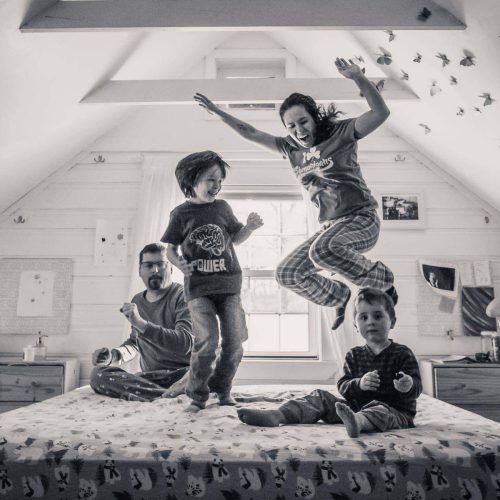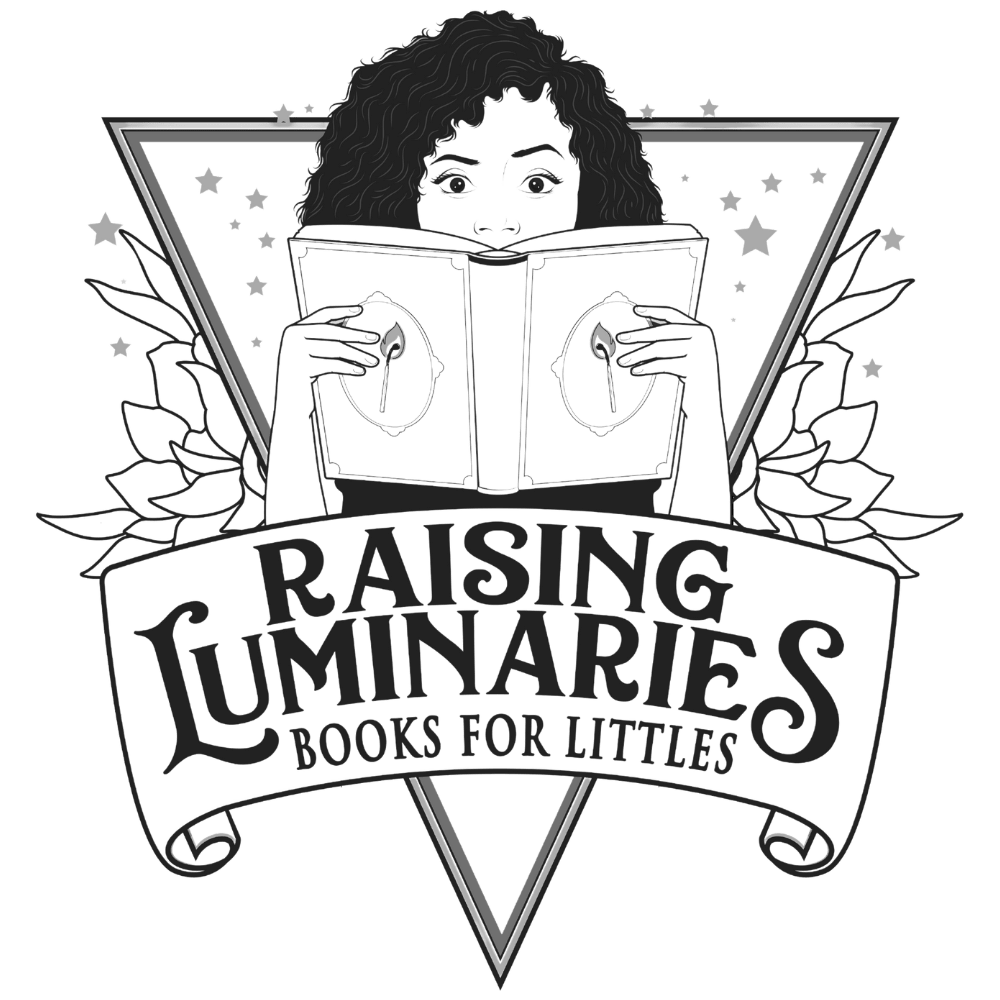Raising Luminaries & Books for Littles are free and accessible for readers who can’t afford a paywall. Posts may contain affiliate links, which allow me to earn a commission at no extra cost to you. Check out the full affiliate disclosure along with my statement of accountability.
Let’s Learn About Indigenous Day of Mourning
I live on unceded, stolen land – taken by force and coercion from the first people, the Wampanoag and Massachusett. As settlers who benefit from this violence, we have a responsibility to acknowledge the history of how we came to call this place home – the theft and genocide, as well as the current harm we’re still doing by choosing to stay.
We have no right to stay on this land without taking responsibility for what we’ve broken, and taking action to repair it. This includes listening to Indigenous people, supporting their initiatives, and working the practices of decolonization into our everyday life.
For those of us who were lied to about colonization as kids – told that this genocide and transition of power was kind, merciful, or natural, transforming this day from celebration to mourning will be difficult. Do it anyway.
If, like me, you grew up looking forward to this day as as a time of family connection and gratitude – you don’t have to give up your family, nor your gratitude practice. In fact – to decolonize, we must deepen these practices.
Consider shifting your big family gathering to another day with actual meaning in your culture. Almost every culture has a harvest festival – as an Irish/Chinese family we pour our connection, joy, and all the grunt-work of preparing for a big family holiday in autumn into the Mid-Autumn Moon Festival.
All of the connection, family, calories, and joy – without celebrating the one of the many massacres The ‘First’ (colonist) Thanksgiving celebrates – such as that time Puritans trapped Pequot children in a building and burned them alive.
You are creative and smart. You and your kids have a right to celebrate gratitude, generosity, and family resilience. But 1621 was not the first time your ancestors gave thanks, this nobody’s First Thanksgiving. Every culture has a tradition marking the transition from autumn to winter, to show appreciation for family, community, resources, and sustainability.
Dig into your roots, to the places where you are both indigenous to, and to the practices local to you now. Start small this year, and build up new (or very old) traditions as your family grows. Find rituals that actually mean something to your family, beyond this annual celebration of cruelty and genocide.
When is it?
- The fourth Thursday of November, the same day US colonizers & settlers celebrate a ‘First Thanksgiving’
Read:
- Coyote Columbus Story (ages 4+)
- Malian’s Song (ages 4+)
- We Are Grateful (ages 3-7)
Watch:
Discuss
- For older kids (7+) read the 1970 suppressed speech of Wamsutta / Frank James
- What does it mean to suppress speech?
- Why the planners of 150 year anniversary event silence Wamsutta?
- Have you ever been told not to speak the truth? What reasons did others use to keep you quiet?
- Have you ever told someone to avoid the truth, to delay, or to wait for a ‘better time or place’ to discuss it? What reasons did you give?
- How are practices of telling the truth, mourning, and grieving a part of healing so we can move forward?
Take Action:
- 5-Second Petition: Protect the Indian Child Welfare Act
- Find out Whose Land /Native Land you’re on, then look for ways to support your local Indigenous tribes and nations. Follow their lead!
- Choose a Kid-Friendly Action Bingo from one of the tool kits below to engage your classroom or family
- Indigenous Day of Mourning Family Action Toolkit
- Wampanoag Solidarity Family Action Toolkit for families living on Wampanoag land
Additional resources to dig deeper into this topic:
- Decolonizing Thanksgiving Is An Oxymoron – Kids Books Dismantling The Myth of a ‘First Thanksgiving’
- Countering Myths about Christopher Columbus with ‘A Coyote Columbus Story’
- Learn about the annual National Day of Mourning at Plymouth Rock via United American Indians of New England






